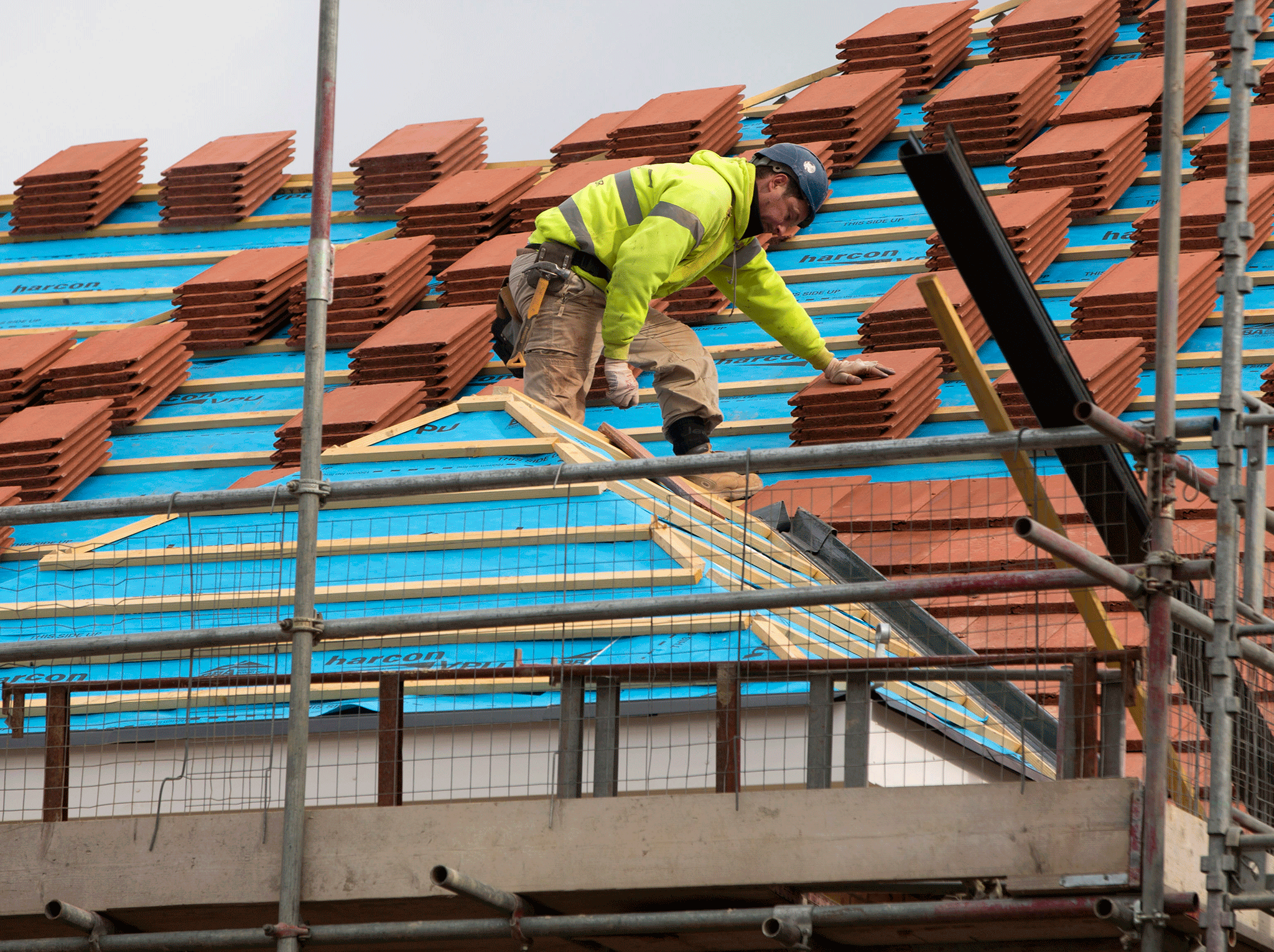Your support helps us to tell the story
From reproductive rights to climate change to Big Tech, The Independent is on the ground when the story is developing. Whether it's investigating the financials of Elon Musk's pro-Trump PAC or producing our latest documentary, 'The A Word', which shines a light on the American women fighting for reproductive rights, we know how important it is to parse out the facts from the messaging.
At such a critical moment in US history, we need reporters on the ground. Your donation allows us to keep sending journalists to speak to both sides of the story.
The Independent is trusted by Americans across the entire political spectrum. And unlike many other quality news outlets, we choose not to lock Americans out of our reporting and analysis with paywalls. We believe quality journalism should be available to everyone, paid for by those who can afford it.
Your support makes all the difference.The government has quietly dropped its landmark pledge to build a million new homes by the end of this parliament.
The target was a major policy, announced by David Cameron and the then Housing Minister Brandon Lewis in September 2015.
But, according to a new report from the National Audit Office, the Communities and Local Government department has quietly shifted the target’s date to the end of 2020, long after the latest point at which a general election could take place.
Even at its announcement, the target was considered insufficient, and its postponement strongly indicates the government knows it will not be met.
As recently as July last year Home Secretary Amber Rudd said the government was committed to building "a further 1 million homes this Parliament"
Shadow Housing Secretary John Healey MP called it a ‘damning revelation’ and said that ‘after seven years of failure on housing, Ministers are not being straight with the public and moving the goalposts to try to make up for their mistakes.’
The report concludes that housing has grown faster than supply, and that housebuilding must increase across the country.
The NAO said: "Although owner-occupation has become more affordable in recent years, it has also become harder for people to become home owners in the first place."
First time buyers now borrow an average of 3.2 times their salary, compared to 2.3 times in 2008. In the meantime, low interest rates have made home owning more affordable than renting.
In 2015-16, the NAO says 190,000 new homes were added to the housing stock, a number that would make almost put the 1m target within reach. But since the EU referendum result, UK housebuilders share prices have fallen by 22 per cent, reflecting a likely decline in UK house prices, which will discourage developers from building more.
Amyas Morse, head of the NAO, said: "The need for housing in England has in recent years grown faster than its supply, and housebuilding needs to increase across the country.
"The Government has responded to this by putting in place a range of policies to increase housing supply and home ownership.
"Central to this is an ambition to increase the supply of housing by one million homes by 2020, largely through support to private house builders. Delivery of this target will not require a substantial increase in current levels of house building."
A spokeswoman for the Department for Communities and Local Government said: "Housebuilding has reached its highest level in eight years.
"We've got the country building again with nearly 900,000 homes delivered and helped more than 362,000 households to buy a home since 2010. We know there's more to do - that's why we're investing more than £25 billion in housing and have the largest affordable housing programme of any government since the 1970s.
"Ministers will set out further plans to boost housebuilding in our Housing White Paper to make this a country that works for everyone."

Join our commenting forum
Join thought-provoking conversations, follow other Independent readers and see their replies
Comments